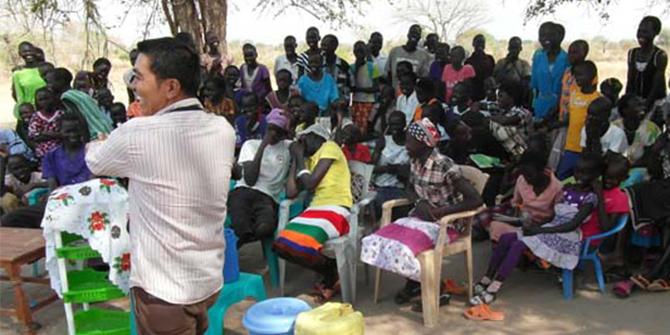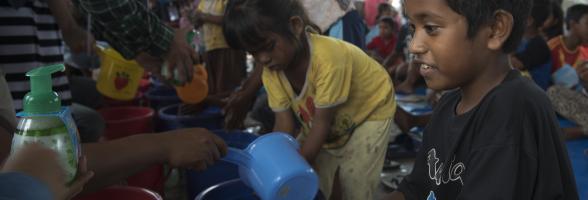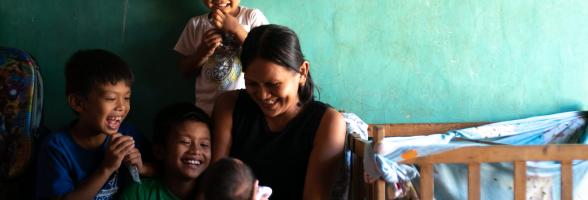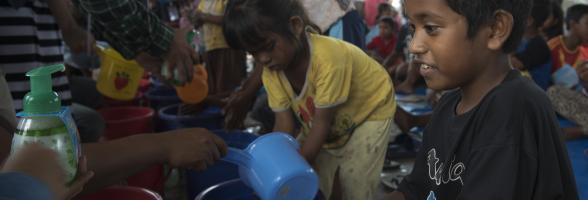First of all, we should not panic. Rather, we should be aware, alert, and exercise the protocols set by health authorities like the Department of Health (DOH) and the World Health Organization. Anyone experiencing flu-like symptoms must seek medical attention, especially where the possibility of exposure exists. On the other hand, cursing others, cruel jokes, and vigilante shame campaigns have never worked in stopping diseases from spreading.
During the Ebola outbreak, which left at least 11,000 people dead in West Africa in 2014 to 2015, I remember that a strict “No Touch” policy was implemented at work, following the directives of the governments of Liberia and Sierra Leone. It was prohibited to touch anyone, regardless if they were sick or not. Although we were all advised to avoid public contact, local contexts were considered in implementing this protocol. For COVID-19, the DOH has helpfully indicated that we should avoid beso-beso or cheek kissing, which is a social norm in the Philippines.
In both Liberia and Sierra Leone, health authorities banned large gatherings of people and imposed a mandatory curfew. Handwashing stations were installed in doorsteps and gates of offices, restaurants, and homes. In the case of COVID-19, we should heed health warnings, and wash our hands properly and stringently. Where handwashing is not possible, another good strategy is to always have hand sanitizer on the ready. The battle against the virus is not solely solved through treatment. Prevention is also equally essential to break the transmission chain and stop nCoV from spreading.
I was part of the team that conducted active case finding for Ebola which means that we detected people who were sick so that they can be referred to health centers and hospitals. This contributed to the whole system of breaking the transmission chain, and it was done alongside other actions like contact tracing and hygiene promotion. The Ebola response taught me that, whether for health threats or actual outbreaks, engaging with the public and communities by giving out the correct information is a must. This lesson is helpful considering that the WHO already declared the COVID-19 outbreak a public health emergency of international concern. Without meaningful and active community participation, COVD-19 will travel beyond barriers and borders. Preparedness is critical – local government units will have a huge role to play. Mobilized communities will be better equipped to actively participate in containing, controlling, preventing, and managing the disease. On the other hand, the government must ensure that treatment centers are ready with staffing, supplies and facilities, which include safe access to water, sanitation, and hygiene. A contingency plan must be set in place even before the disease reaches other areas.
The Philippines’s Secretary of Health has already confirmed that the virus has reached our shores, as well as the first COVID-19 related death outside of China. The DOH is currently monitoring patients in various hospitals across the country. More than ever, we will need strong measures to reduce, if not completely prevent, affected people and communities from being stigmatized. I have seen and experienced first-hand how these types of negative reactions interfere with the efforts of governments, NGOs, and the international community during health emergencies. I remember experiencing stigma, even if I did not have Ebola, because nobody wanted to touch me or even sit beside me months after I worked in West Africa.
Now is not the time for fearmongering, racism, and stereotyping. Instead, let us all be informed, stay healthy, and, above all, keep calm.



